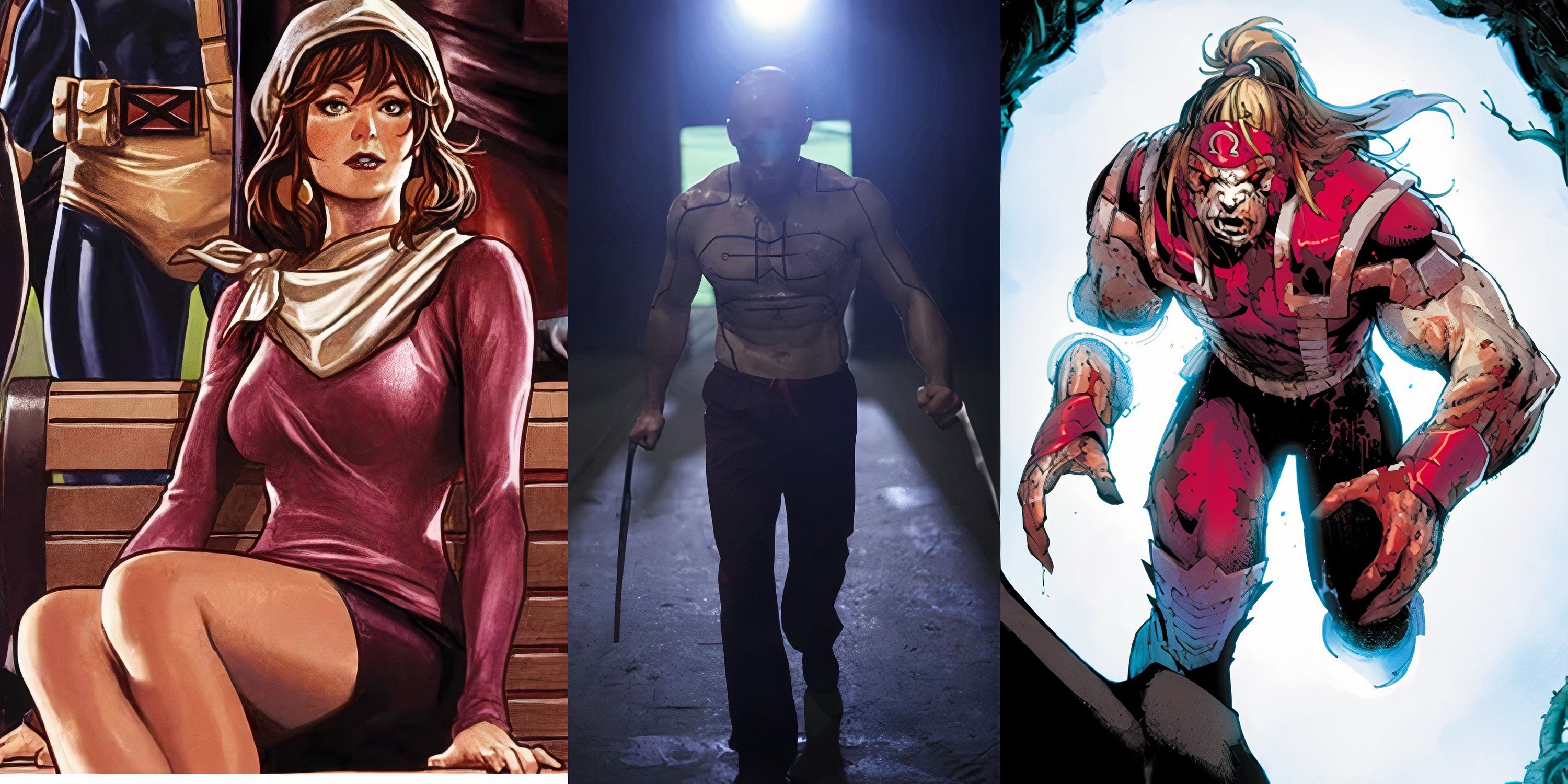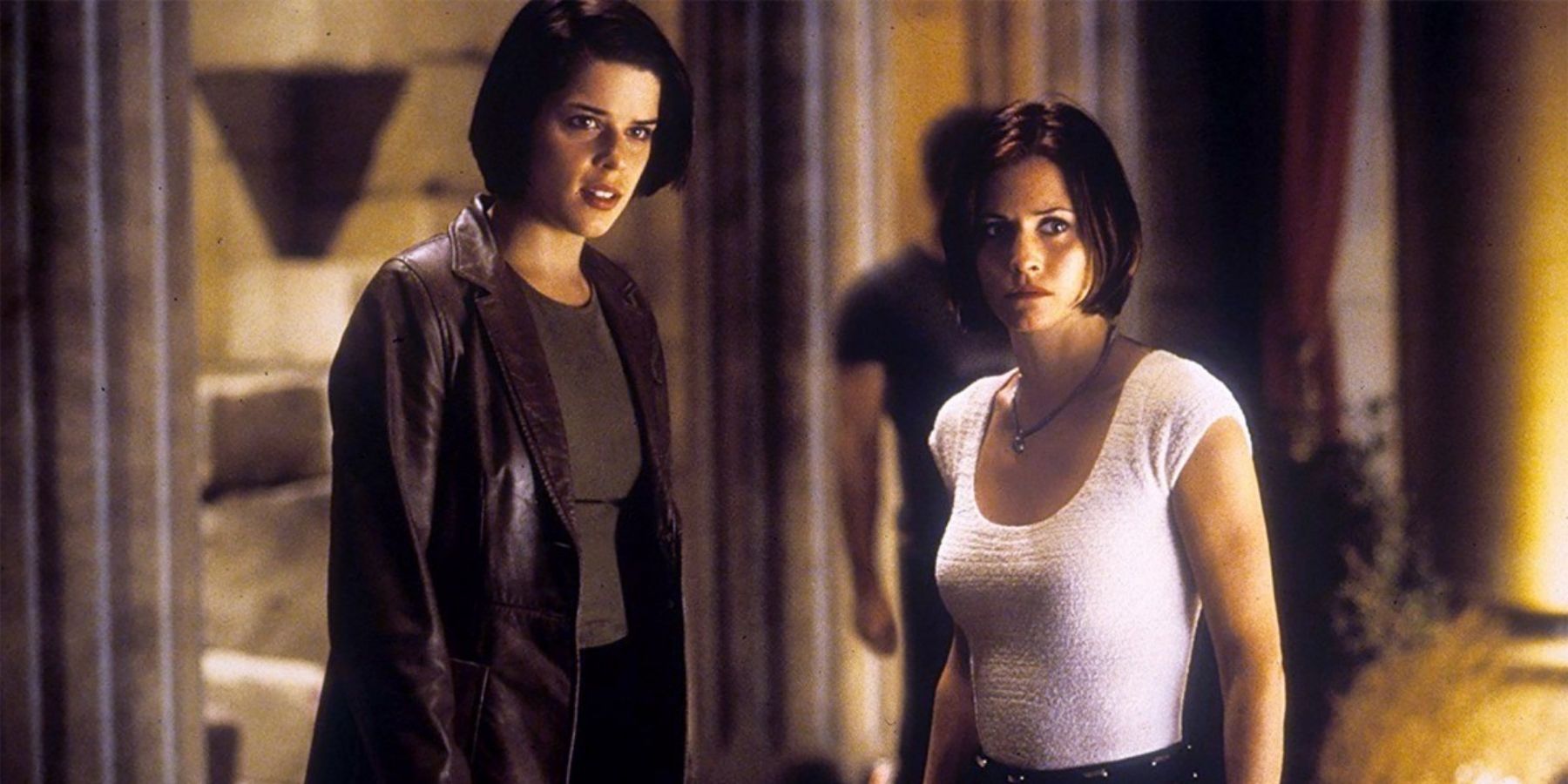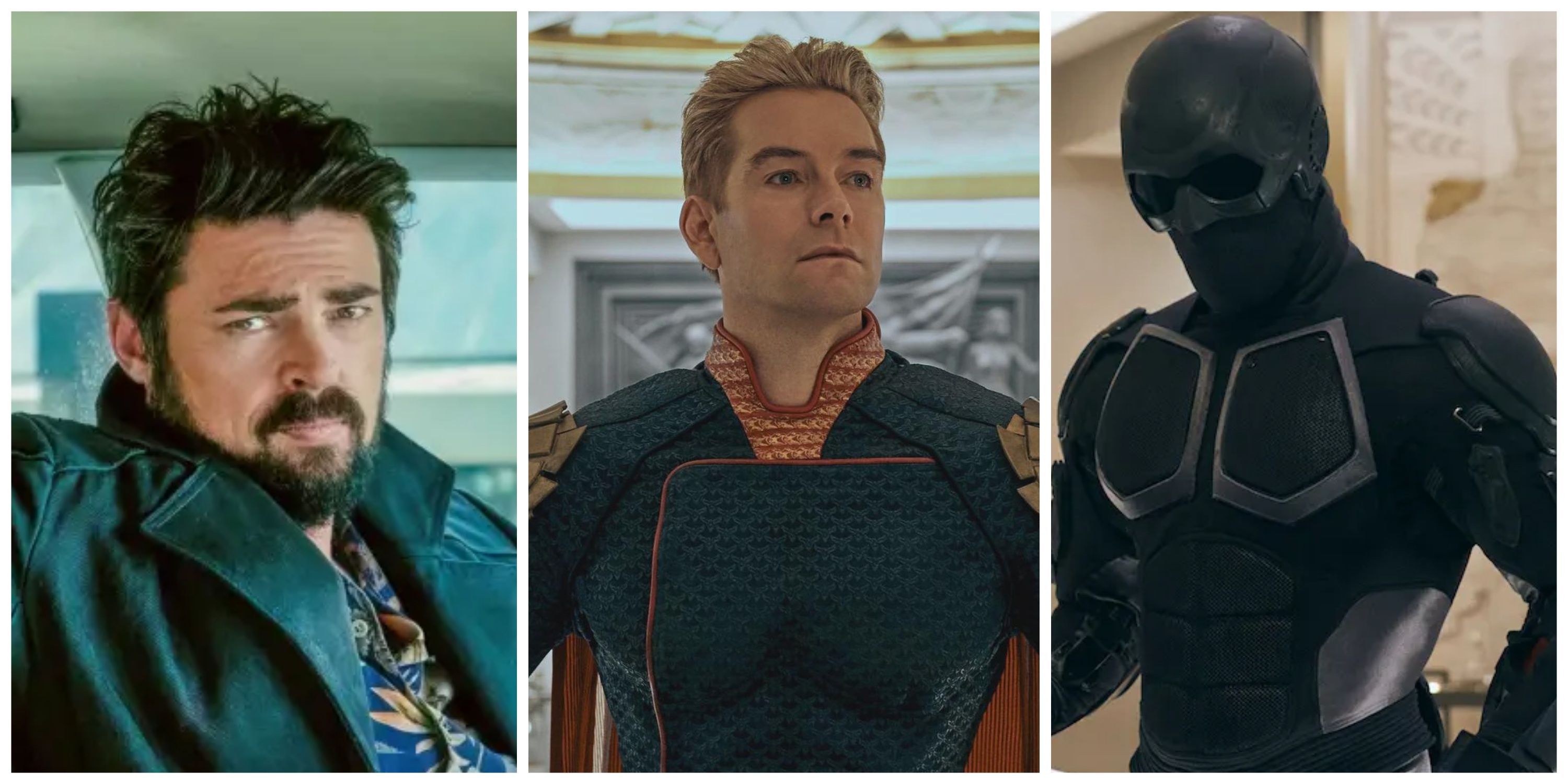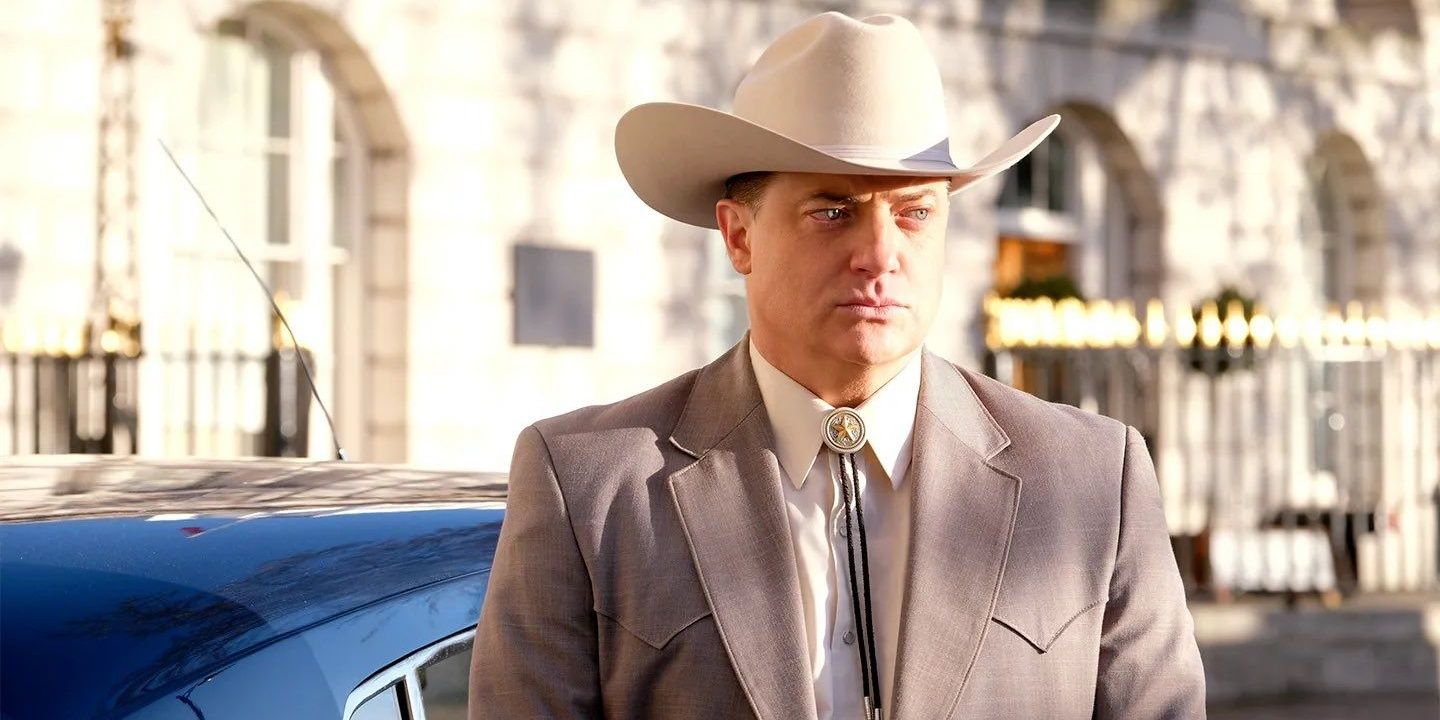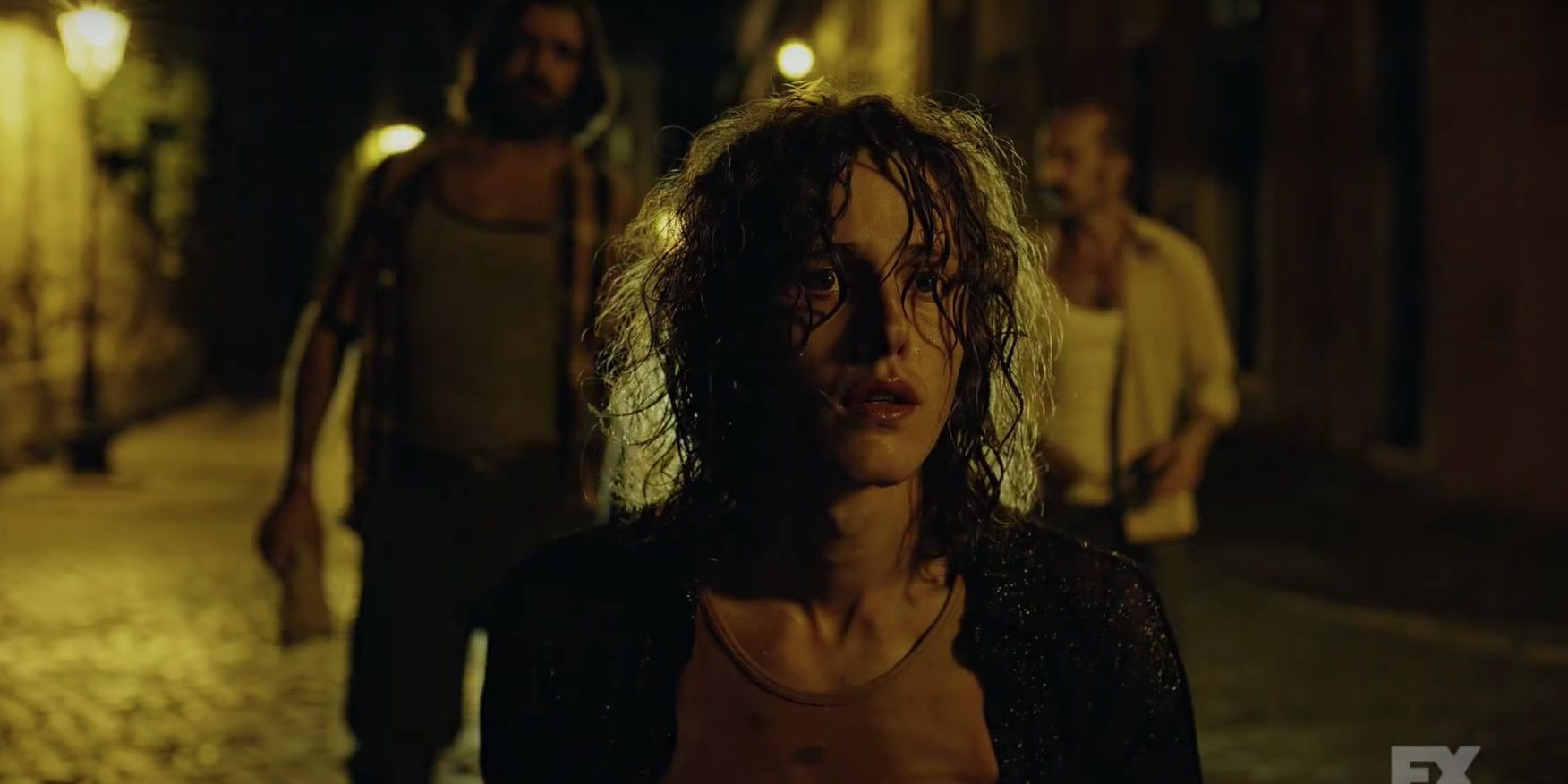In 2017, anticipation ran high for All the Money in the World, a Ridley Scott drama based on the true story of the kidnapping of J. Paul Getty III in 1973. That anticipation wore out, however, as the movie stumbled through extended production and into controversy, and its ultimate release was overshadowed by more mainstream winter releases.
By the time Trust premiered, in March of 2018, any viewers who remained ignorant of the events would have had the opportunity to discover the story for themselves. Perhaps that is why there was so little fanfare for FX’s stylish and introspective account, which presents itself as more of a psychological study than a ripped-from-the-retro-headlines thriller. Yet Trust still begs consideration: the story may not be new, but it is thoughtfully framed and gorgeously realized—a historical drama worth viewing for its drama more than its history.
Setting aside historical fact for the moment, Trust tells the story of John Paul Getty III (Harris Dickinson), grandson of the richest man in the world and heir apparent to that immense fortune. Young Paul is trying to live the bohemian life in Rome, having renounced any interest in his family and the corrupting influence of their fortune, but he cannot escape the notoriety of his own name, and the expectations of those around him have put him in a precarious financial situation. After his grandfather rejects his plea to dip into the family coffers (“The Trust”, from which the show’s title is derived), Young Paul devises a scheme to orchestrate his own kidnapping—but he quickly loses control of the situation when his kidnappers, too, succumb to the allure of his family’s tremendous fortune.
Fortune is a double-edged sword in Trust, and the show thoroughly explores that hidden edge through the lenses of a diverse ensemble, including other members of the Getty family, assorted hangers-on, and the kidnappers themselves. While the story undeniably centers on Young Paul, almost equal focus is given to his namesake, John Paul Getty I (Donald Sutherland), who is living an outlandish pastiche of wealth in England, dividing his time between several live-in girlfriends and the establishment of the Getty museum in distant Los Angeles, which he is personally designing, to house the Elgin Marbles. Of course, the fact that most of the Marbles reside in the British Museum is a mere triviality to the richest man in the world—like all things, it can be remediated with money.
Grandfather Getty’s relationship with money is one of cognitive dissonance. In an early moment of foreshadowing, Old Paul runs his car over one of the black swans that was released onto the manicured lawn that very morning. It is a casual moment, yet it distills Paul’s entire outlook. Money is, for him, a source of both power and disdain: anything can be bought, and that which can be bought has no value.
It is no different for his family members, whom he sees as grasping and entitled, unwilling to work for their inheritances, as he worked to build an inheritance for them. Yet even as he scorns his children’s desire for money, he is blind to his own culpability in instilling that desire. The same money that he lords over them in the untouchable trust has already corrupted his children, by virtue of their surname, which is synonymous with that money. This applies to Young Paul, as well: by the time Young Paul requires a ransom, he has already sullied himself by asking for money, reducing his value in his grandfather’s eyes.
Old Paul’s psychology is complex, but it is also cliché—comparisons to King Lear and King Midas are so unavoidable as to be worthy of explicit reference. Where Trust truly shines is in its depiction of lesser mortals—most notably, the cabal of Calabrian kidnappers and Getty Sr.’s faithful manservant, Bullimore (Silas Carson).
Bullimore (or Khan, which is his actual name, which Getty has forced him to discard in favor of continuity) is the embodiment of a key thematic question: whether the promise of profit is worth all of the misery that belonging to the Getty family entails. He is one of the few characters with whom the audience can have an uncomplicated relationship, as he neither perpetuates his unhappiness through his own actions, nor promotes it to increase his share of the eventual inheritance. His relationship with Old Paul is purely transactional, and the indifference Old Paul offers in return is as close a thing to regard as Old Paul seems to be capable.
The kidnappers, too, receive some measure of respect from Old Paul—and provide a sort of perverse reflection of his own family. Their entire community becomes complicit in the kidnapping…and expects to profit from the ransom. The burden of expectation weighs on the individual kidnappers, just as it weighs on the Getty family. Yet the kidnappers still have the ability to see Young Paul as more than a mere valuation, offering him the compassion and congeniality that his grandfather withdrew. The kidnappers are cruel, but they are also human in their cruelty, which is more than can be said of Paul’s own family.
In the final episode, Fletcher Chace (Brendan Fraser), Old Paul’s personal investigator throughout the saga, looks directly at the audience and suggests truculently that viewers who do not believe his summary of events should, “Google it.” It is a challenge—not to apply historical rigor to the narrative, but rather to evaluate the tragedy of the story as it has been told, without regard to the facts of history. Even for viewers who already know the history, the show offers a new perspective, enhanced by incredible performances from its principals, as well as kinetic, evocative production.
Despite the inevitable tragedy lurking in the finale, Trust takes its time sauntering toward that tragic outcome, carefully considering what effect wealth has on the many characters it touches along the way. It is a poignant reminder of why tragic tales must be told in the first place: no matter how inevitable the ending, humans will still continue along the roads that lead to tragedy. King Midas knows that he cannot eat the food, but he touches it anyway.

